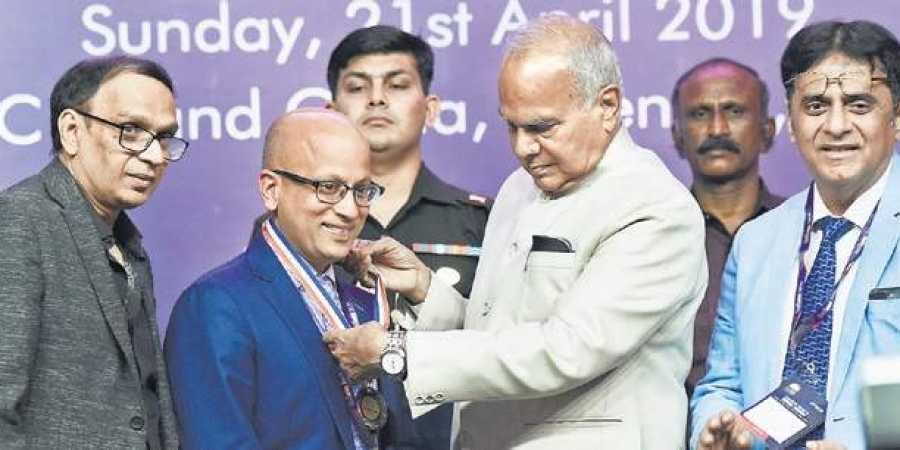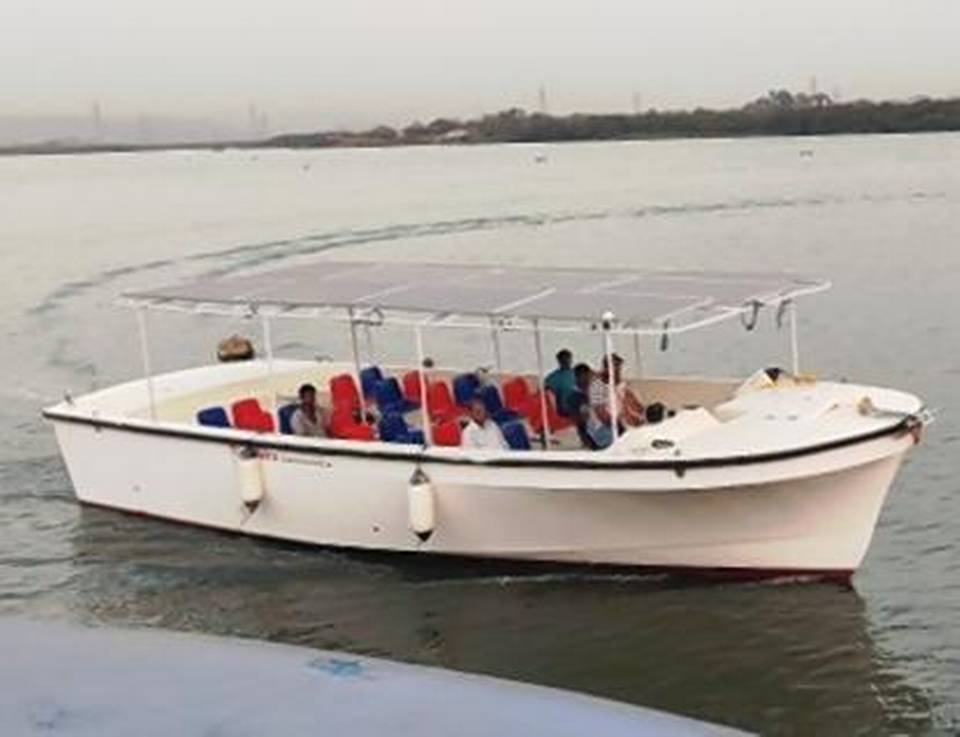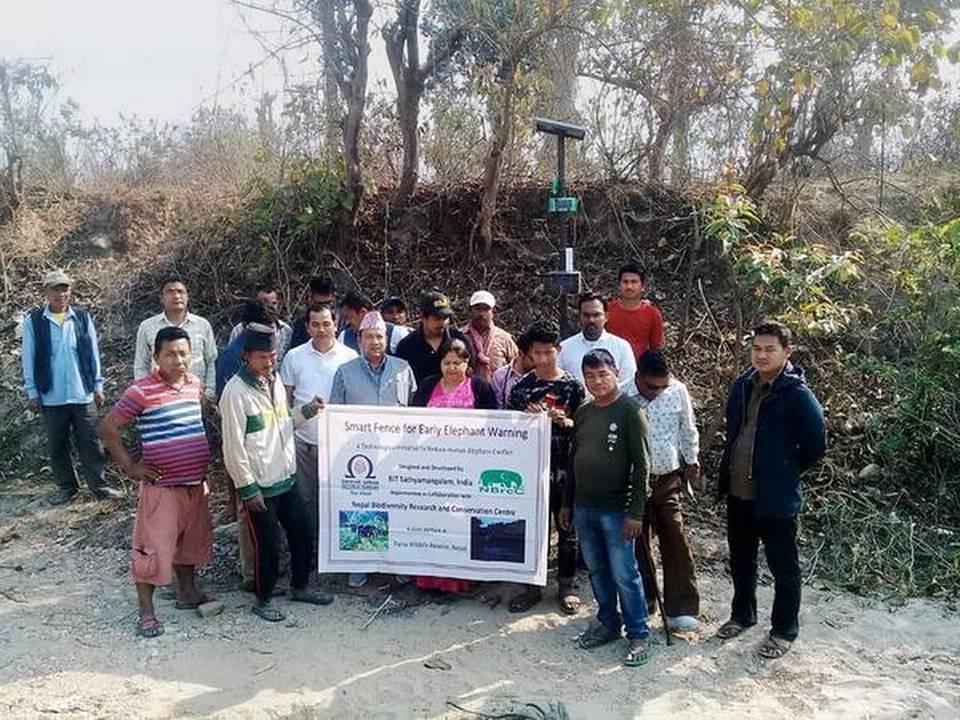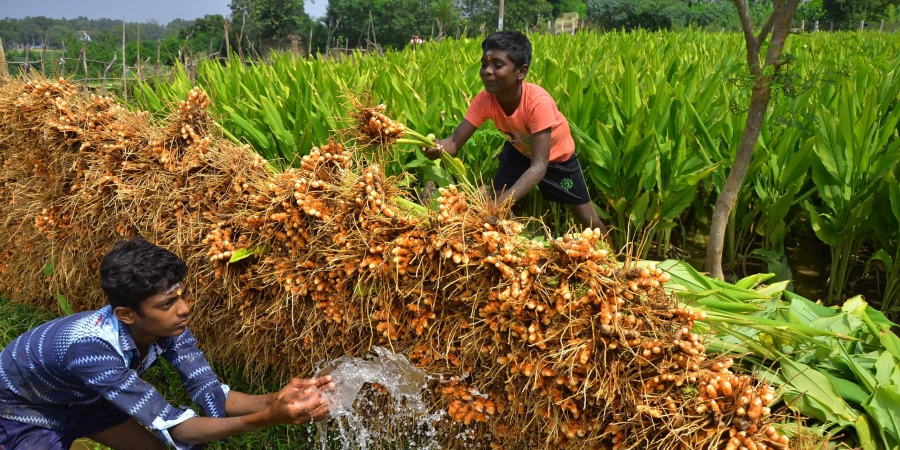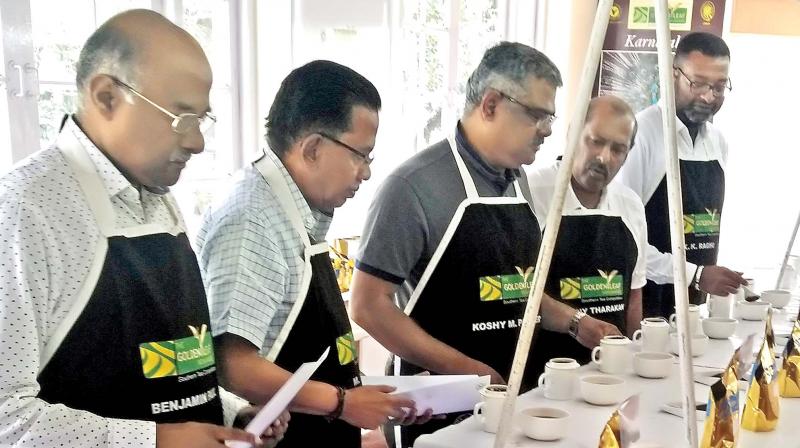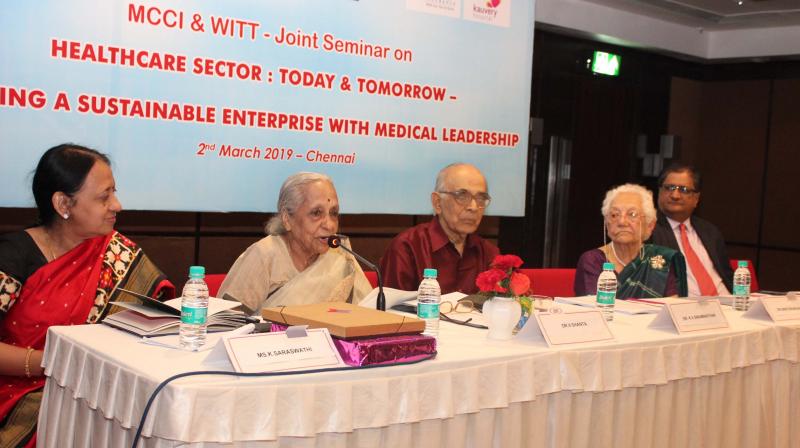Life has been a rough ride for Subhashini, but sitting in her three-wheeler, driving and owning the lanes of the city, she has shut all stereotypes.
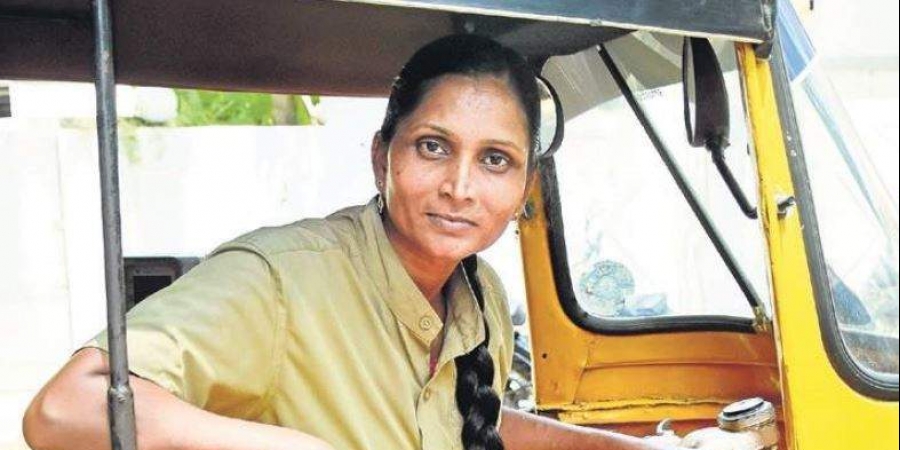
Chennai :
Four years back, my husband in his drunken state poured kerosene on me and the moment he threw his cigarette at me, my velvet nightie caught fire. I woke up in the hospital. I knew that I had to get better and live for my children. My husband had borrowed money from many people and blew it all up on alcohol. They began pestering us to repay. He couldn’t handle it so he fled three years back and left me and the children to deal with them.
I knew that running away would not help. I had to think of my children’s wellbeing. So I decided to work. I worked at a jewellery store but I realised that the work would not suit me as the timings were not flexible and the pay was meagre.
At this point, I was staying with my family. One day I asked my nephew to teach me how to drive. My uncle overheard this and volunteered to teach me thinking I was learning to pass time. What he didn’t realise was I was going to do it as a job.
The moment I learned how to drive, I told my family that I wanted to do it full-time. There was a lot of resistance. They called it ‘a man’s job’ and one that would ‘bring shame to the family’. But to me, it was like any other job. If I can clean bathrooms and do housekeeping in someone else’s house, why couldn’t I drive? I didn’t see any shame in doing this.
In fact, everything I am today is because of this three-wheeler. It has given me the confidence to live life on my own terms. It has made me believe that I do not need a man to support me. I am capable of providing for my children and myself. I live away from my family now and have no contact with either them or my husband.
My world now revolves around my children. I wake up every day at 4 am to finish all the household chores and send my kids off to school while also ensuring they have something substantial to eat for lunch. I eat breakfast and leave at around 9 am and try to get home by 8 pm-9 pm. I do not eat anything in between. But what is hard is that there is no bathroom for my use. I have to control my water intake to ensure that I do not have the urge to use the bathroom because public toilets are filthy and I cannot afford to fall sick. But I think my habits recently led to me having appendicitis. It was painful, but again, I knew I had to snap out of it soon because I need to pay back the loans and send my children to school.
I don’t get time to do much because of my packed schedule, but whenever I have time, I love to paint my nails. Pink is my favourite colour and it makes me feel fearless and feminine at the same time.
This year, only my daughter will be attending school as she is in class 12. I had to pull my son out of school because I didn’t have enough money to spend on both their education. As a mother, it really hurts me to pick between my children because I want to treat them equally, but circumstances are such that I had no option.
I feel God has blessed me through tough times and will help me through this as well. Listening to hymns while driving my auto and fills me with a sense of calm. Maybe he will send us an angel who will help us through these trying times. Even if it is a little bit of monetary help, it will go a long way because I can take care of my other expenses, but repaying the loans takes up a large chunk of what I earn.
I want to urge women who might be in tough financial situations or unhappy marriages to consider taking this as a profession because it is empowering. I will teach them free of charge because it gives a way to earn with dignity and has the potential to change lives, just like it changed mine.
source: http://www.newindianexpress.com / The New Indian Express / Home> Cities> Chennai / by Dia Rekhi / Express News Service / April 30th, 2019
